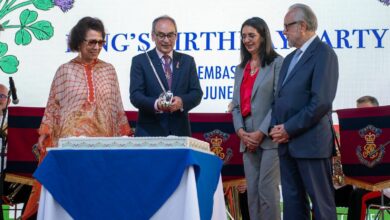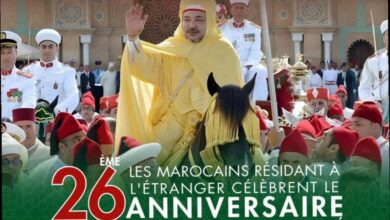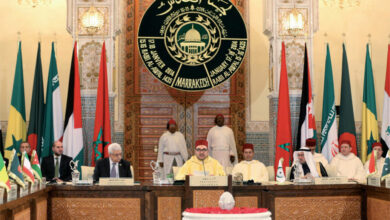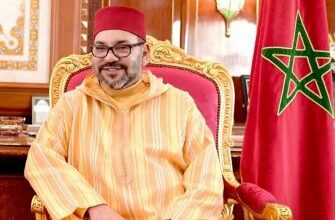An American Report Reveals How Certain Western Leftist Figures Became Involved in Iran’s Destabilizing Agenda Through the Polisario
An American Report Reveals How Certain Western Leftist Figures Became Involved in Iran’s Destabilizing Agenda Through the Polisario
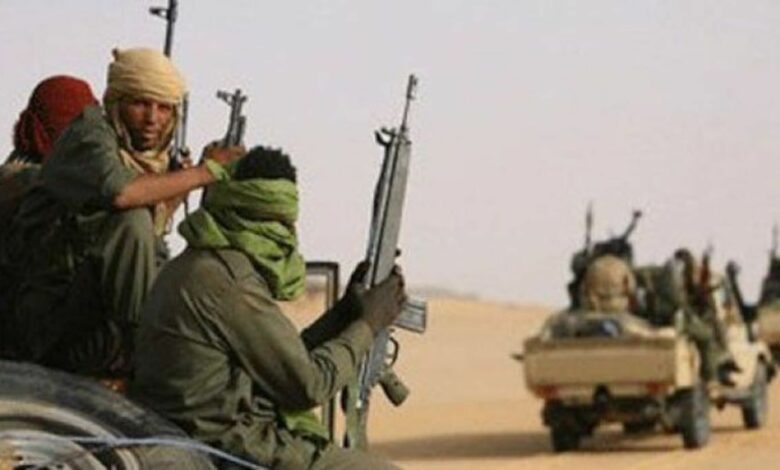
ALDAR / Maryem Hafiani
In an article published on the website Townhall by independent analyst Emanuele Ottolenghi on September 5, 2025, attention is drawn to an unnatural alliance between the Polisario Front and Iran, integrated into what is called the “Axis of Resistance.” Despite the deep ideological differences between the Polisario — secular, Sunni, and Marxist-inspired — and the Shiite nature of the Iranian axis, this rapprochement appears to stem from opportunistic calculation: Iran seeks to expand its regional influence, while the Polisario is looking for quick support, even at the cost of regional stability.
The article highlights tangible evidence of this cooperation, revealing that Polisario fighters trained by Iran were intercepted in Syria after having fought alongside pro-regime militias. This fact confirms the effective involvement of the movement in the military operations of the Axis of Resistance and illustrates the degree to which Tehran has instrumentalized the Polisario to serve its expansionist agenda.
Ottolenghi also underscores the role of certain Western leftist figures who have offered activist cover to this dynamic. Among them is Swedish environmental activist Greta Thunberg, who visited the Tindouf camps and described “the struggle of Western Sahara for liberation as a universal struggle.” Also mentioned is French MEP Rima Hassan, who characterized Algeria as “the Mecca of revolutionaries and freedom,” as well as Brazilian Communist Party deputy Marcos Tenorio, president of the Brazil–Iran Friendship Institute and vice-president of the Brazil–Palestine Institute (IBRASPAL), a convert to Shiism and former defender of the Sahrawi cause. According to Ottolenghi, these figures expressed their support for the Polisario within the framework of what is called “intersectionality,” which seeks to link together various struggles: climate, indigenous rights, the Palestinian cause, and the self-determination of Western Sahara — all under a global vision of justice. Iran has, in this view, successfully exploited this idealistic engagement, turning these activists into indirect instruments of its expansion, often without their awareness.
The article criticizes this involvement and sees it as a warning: the risk of being carried away by a “revolutionary romanticism” with unpredictable consequences. History, Ottolenghi recalls, has shown that Western support for armed movements during the Cold War sometimes produced disastrous results. Iran, he stresses, uses anti-imperialist narratives to rally various liberation movements worldwide to its cause, benefiting from the amplification of certain Western leftist voices whose ideology becomes entangled with dangerous regional agendas.
In conclusion, the article argues that the alliance between the Polisario and Iran — reinforced by the instrumentalization of these Western figures — represents not only a symbolic military threat to Morocco, but above all a major diplomatic and ideological challenge. It calls for a critical reading of the interactions between Western social movements and regional agendas, in order to prevent the pursuit of social justice from serving to strengthen the interests of destabilizing foreign powers.


